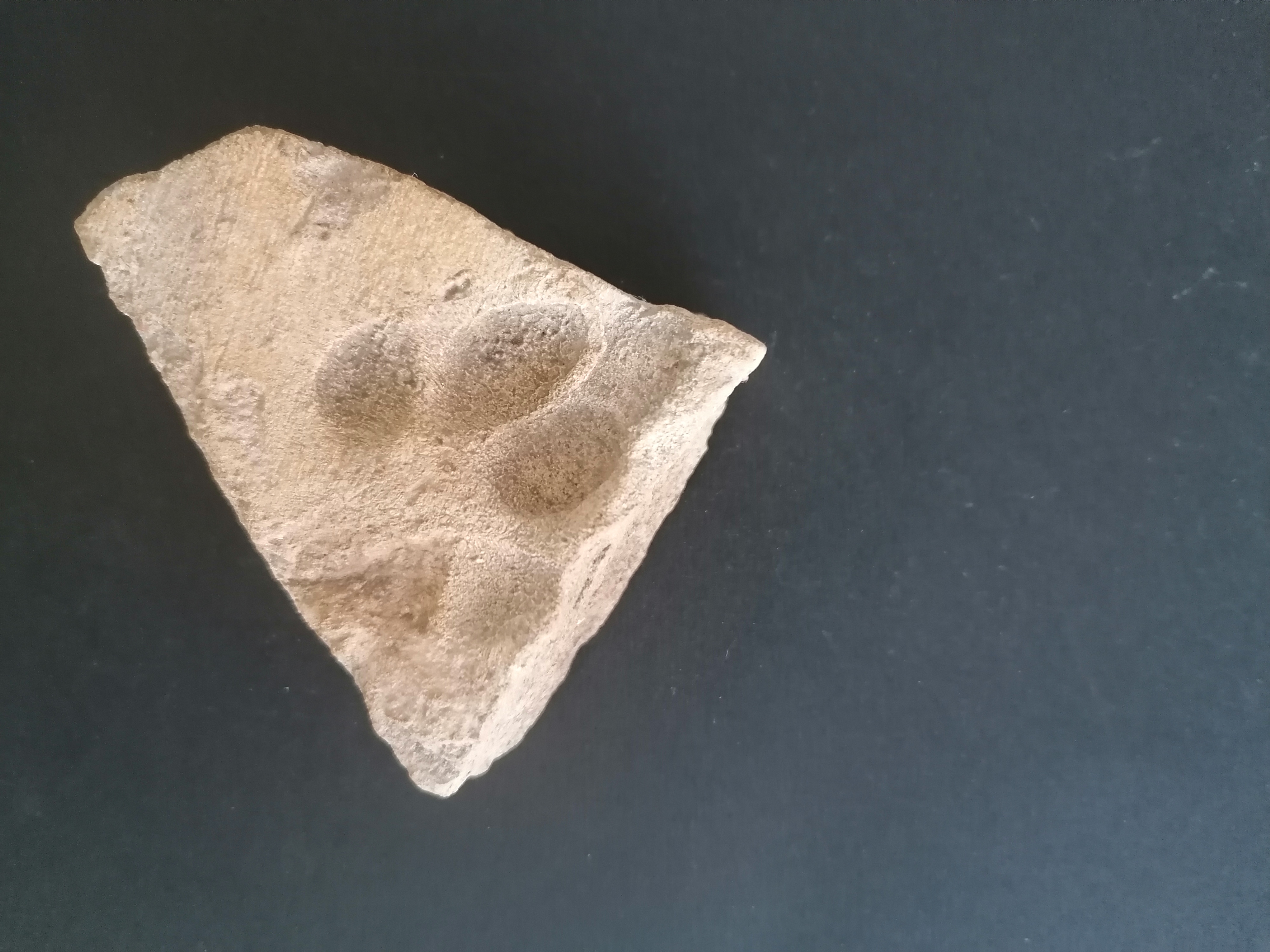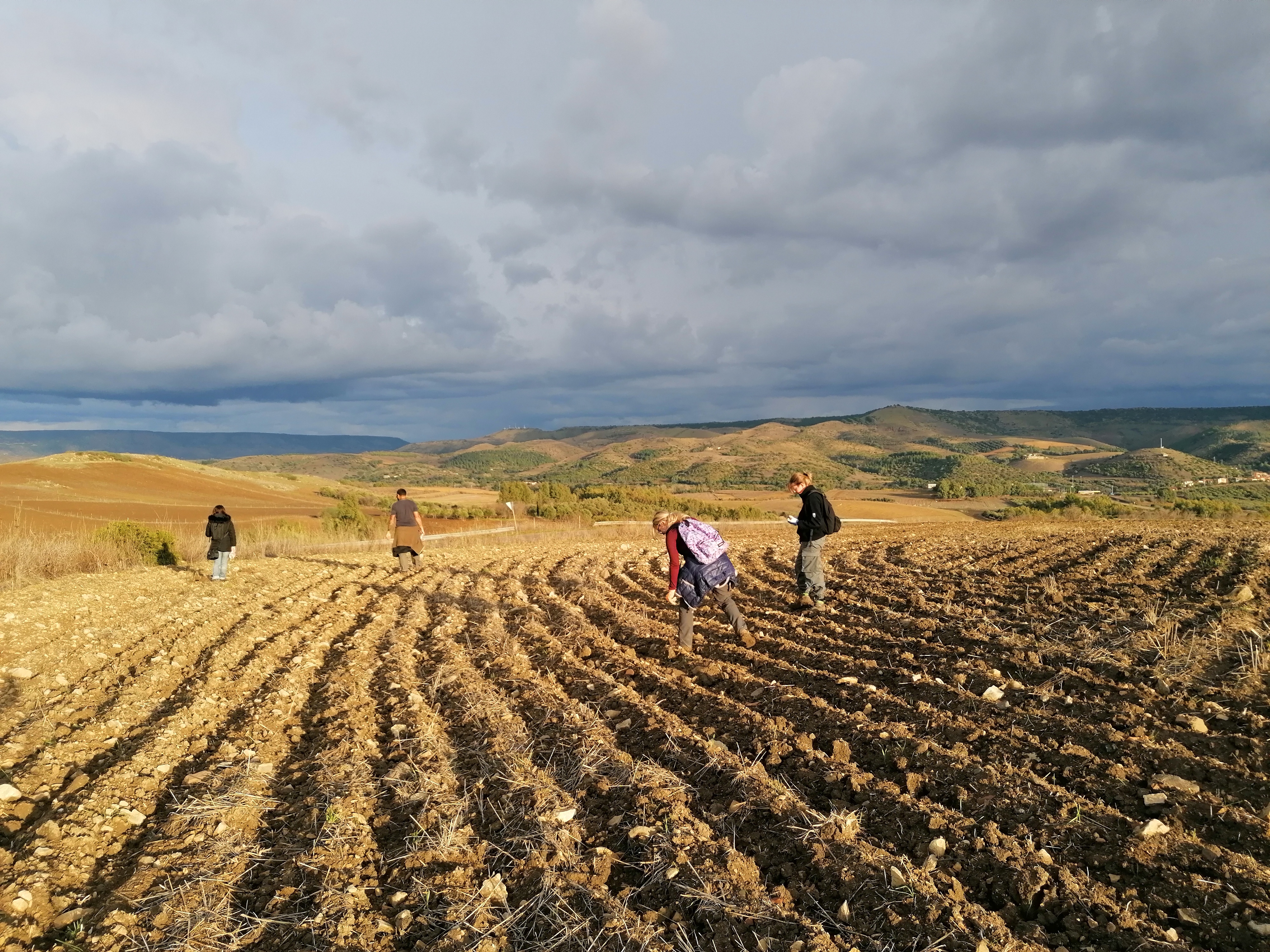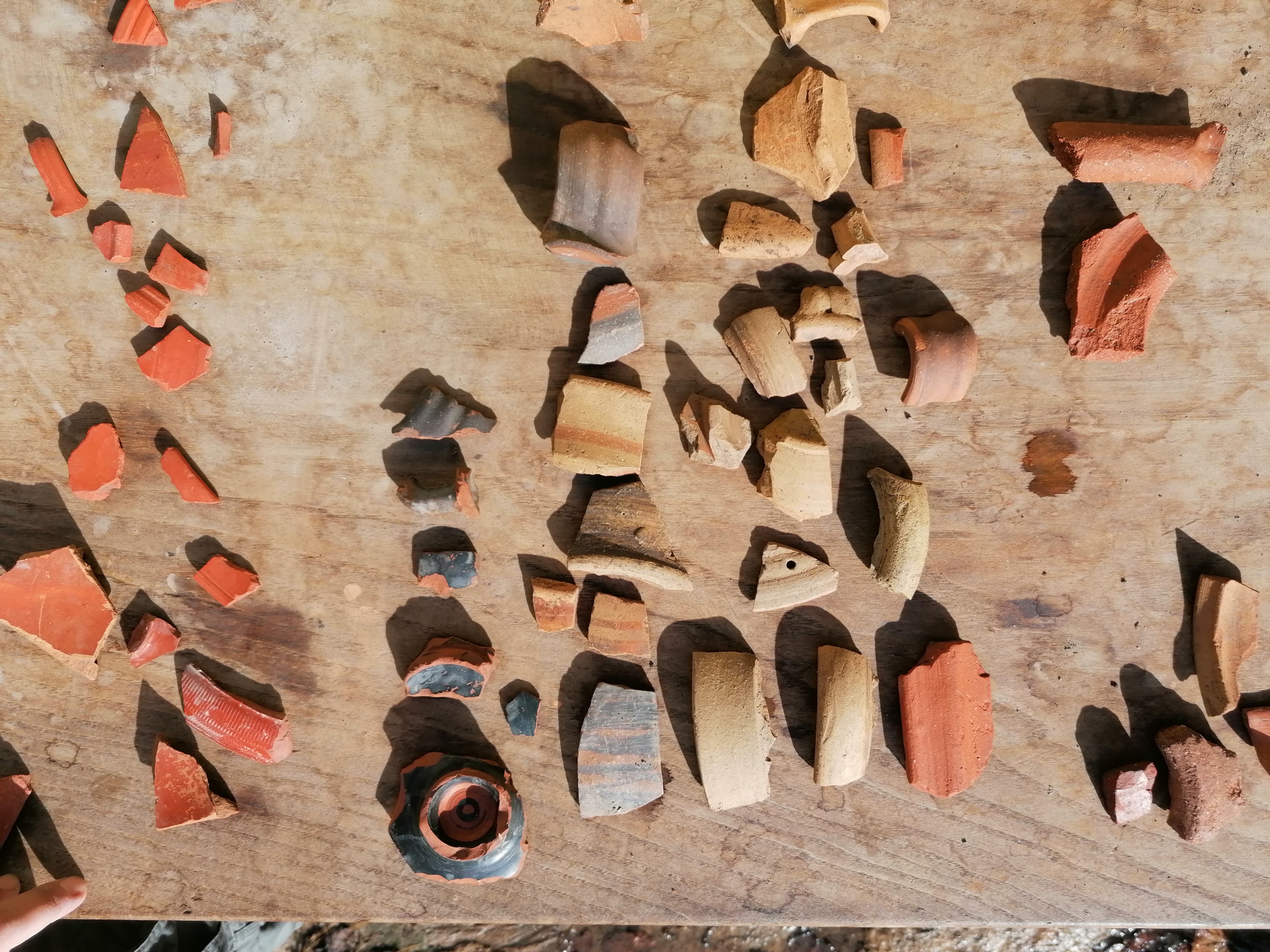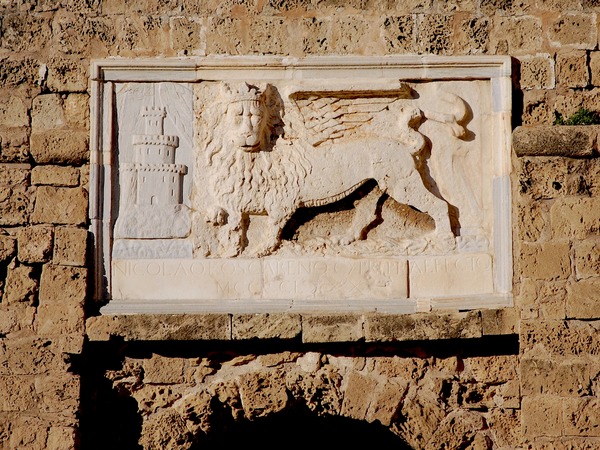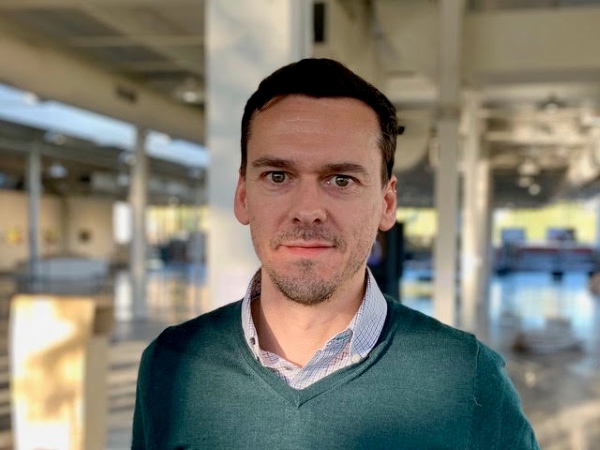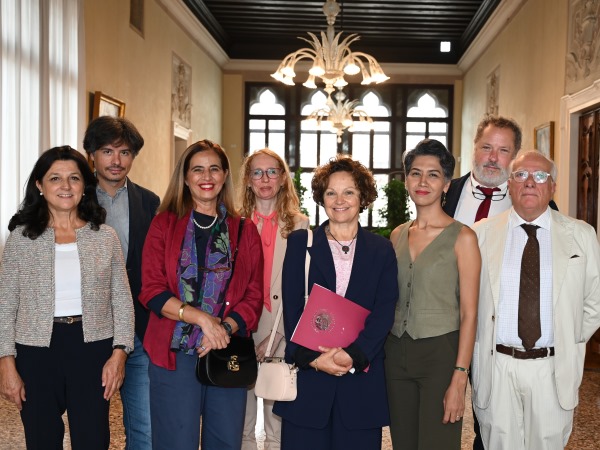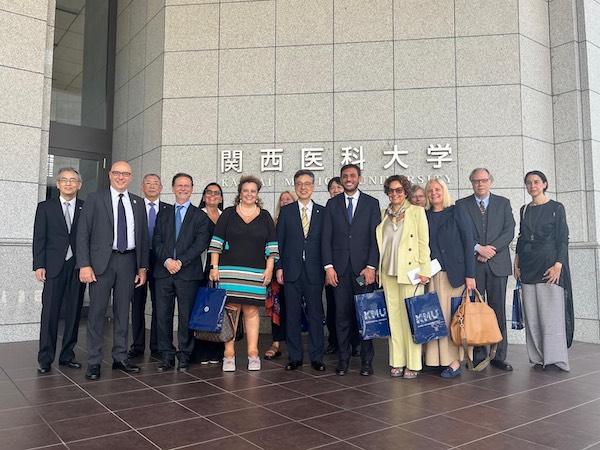Identity: the word is often used in today's social debates, but its use varies widely across the political spectrum. Identity is lately treated as a fixed package of immutable elements to be protected from apparent external threats, to the point of generating xenophobic tendencies.
Through its specific tools, archaeology - a deeply political subject - allows us to encompass the complexity of the past. This helps us dismantle the perception of identity as a static concept and bring diversity fully into the picture. The identity to promote is based on solidarity and is a key to highlight social injustice and combat inequality, to understand the past and act on the present.
This was the starting point for IDENTIS, an archaeological research project by Dr Mauro Puddu, supervised by professor Sauro Gelichi. Thanks to a Marie-Skłodowska Curie Career Restart grant, Puddu investigated material traces of the past in order to dynamically and fluidly reconstruct the identities and social relations of rural populations in central-western Sardinia in the Roman era.
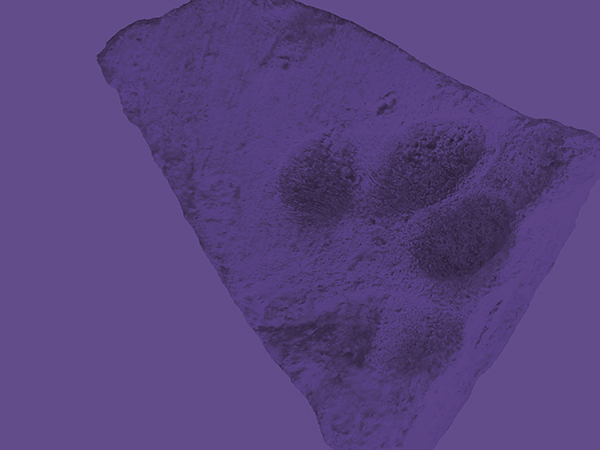
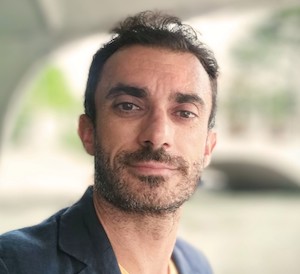
In his project, Puddu chose to focus on 'invisible people’ such as field workers and slaves, women and children of subaltern human groups, investigating the way they shared and formed social relationships through interactions with the past, power and with their surroundings.
In practice, traces of these identities were sought in two different media: the bodies of the people buried in the necropolises analysed in the research, and the landscape that surrounded these necropolises. "Together with students from Ca' Foscari and the University of Ferrara, we searched the area looking for archaeological evidence of the working and social activities of these populations - explains Puddu - We found traces of settlements and agriculture that may date from the same period of the necropolises, and this allowed us to broaden the scope of our research and contextualise the evidence gathered from the burials."
The research then moved from studying the surrounding landscape to analysing the interior of the tombs. The bone remains could help in reconstructing the 'physical' history of these ancient communities: what activities did they perform and at what cost for their bodies? What diseases did they suffer from? "From our first results, we can say that the bones of these people - men and women, but also children - bear the signs of a hard life: carrying heavy weights and a poor diet caused difficulties in bone growth, resulting in forms of proto-nanism. We also found that the cusps of the molars are often completely flattened: one of the hypotheses we are exploring is that the flour, in times of poor harvest, was stretched with other substances, including sawdust or even sand, thus causing the teeth to wear out; or that the teeth themselves were a physical working tool for specific activities."
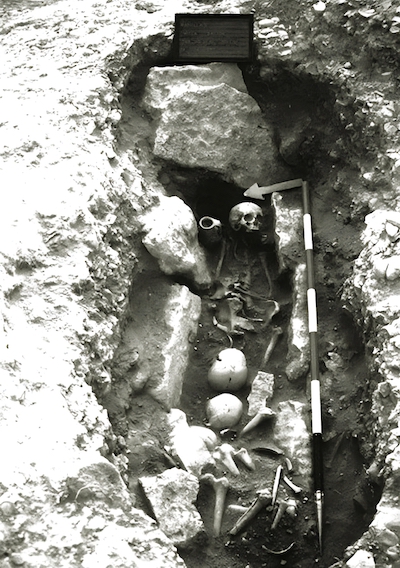
The analysis of the human remains was carried out in collaboration with experts in anthropology, including Francesca Bertoldi of Ca' Foscari University and Vitale Sparacello of the University of Cagliari, with the support of cutting-edge geneticists from the Archaeo- and Paleogenetics Group of the University of Tübingen, coordinated by Prof. Cosimo Posth. "In the future, I would like to collaborate further with geneticists, and to broaden the chronological spectrum of my research. I would also like to deepen the focus on the archaeology of bodies, and in particular of women, who are often erased by predominantly androcentric and elitist historical narratives. I intend to offer an unprecedented feminist narrative of a vast ancient region such as Sardinia. Furthermore, it would be interesting to study and understand the level of exploitation of workers in other historical periods, such as during the construction of the Nuragic towers in the Bronze Age - a period which was often bent to independentist political ideology."
IDENTIS does not merely focus on ancient identities, but also on modern ones. For instance, a comparative work between field workers in Roman-era Sardinia and migrant workers employed in the construction of the host structures of the last men's football World Cup held in Qatar was recently presented at the Theoretical Roman Archaeology Conference.
The scientific portion of the project - primarily dedicated to understanding social ties – is now being developed through an exhibition in cooperation with the Museum of Broken Relationships in Zagreb. The Museum, founded by film producer Olinka Vištica and sculptor Dražen Grubišić, collects contemporary objects and stories of ordinary people who wish to remember and recount how a relationship ended, was found, desired, or imagined, thus giving deep political value to the personal sphere.
The exhibition “Shards of the Past. Meanings of the Present" will be inaugurated on 31 August 2023 at Ca' Foscari Zattere and will remain open until 30 September. The exhibition aims to break down chronological barriers and to highlight that which connects humanity as a whole. Just like the exhibits in the Museum of 'Broken Relationships', archaeological finds are in fact symbols of histories that have come to an end: "We thought of an exhibition that could show modern objects next to material fragments from 2000 years ago, which are generally looked at with significantly less empathy. We often lose touch with the humanity these people share with us. A humanity made up of hard work, labour, and of relations with power, but also social and sentimental ties."
Through material fragments of ordinary lives, the exhibition aims to tell the story of the bonds between people, communities, landscapes, going beyond their social prestige and the economic value of artefacts. It invites us to reflect on what makes us - in the past as in the present - profoundly human.
"Shards of the Past. Meanings of the Present" will be open to the public from 1 to 30 September, 2023.
Hours: Monday to Saturday, 10.00 a.m.- 6.00 p.m.
Sunday, 3.00 p.m.- 6.00 p.m.
Free admission





